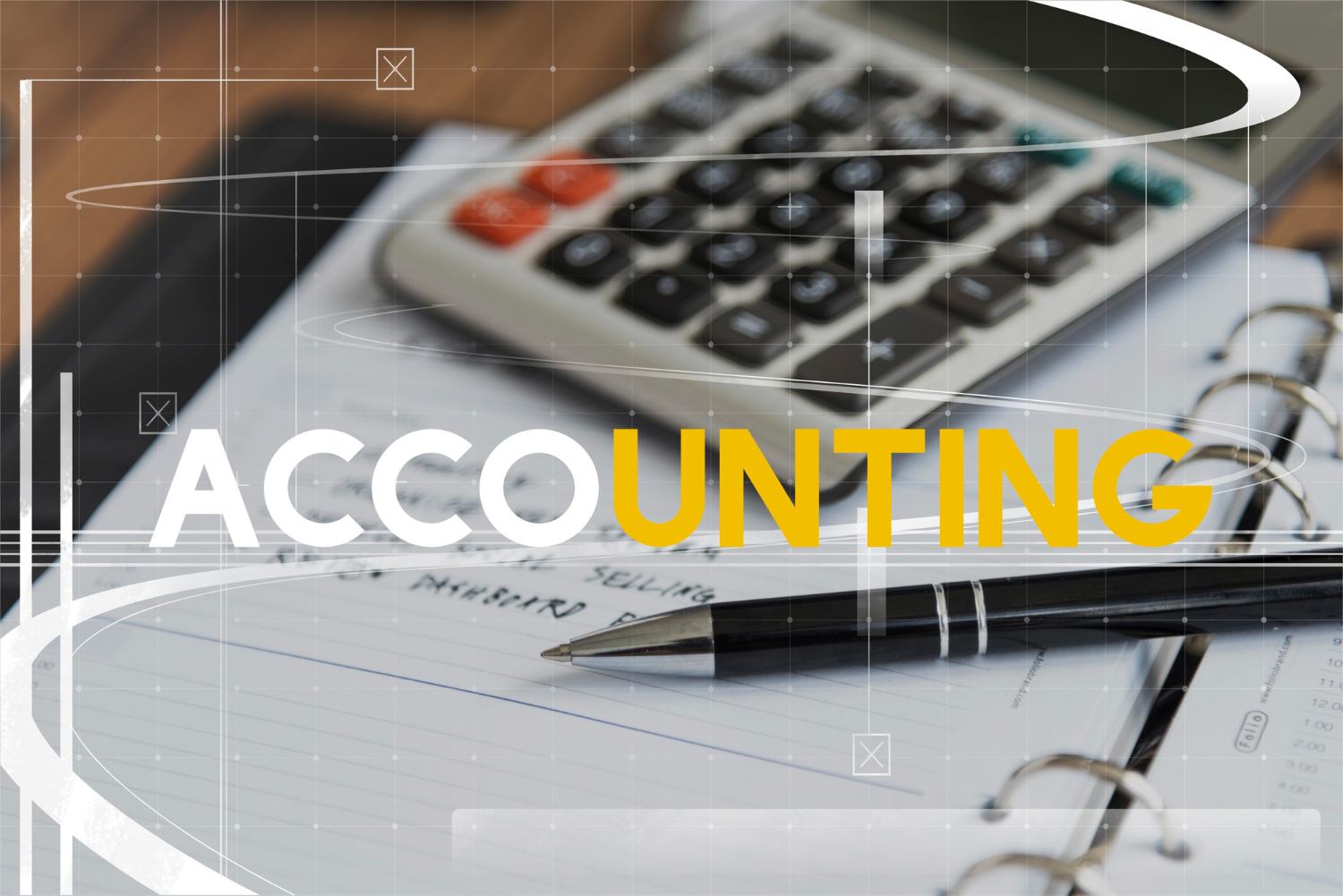
Today, technology plays a crucial role in the rapidly evolving finance and accounting industries, making more insightful, accurate, and efficient audit procedures while also transforming traditional auditing practices. Modern methods like automation and data analytics have not only made routine tasks easier, but they have also maximized the scope and depth of audits and enabled auditors to find opportunities and risks that were previously hidden by piles of data. You can contact one of the best audit companies in Dubai and the UAE for professional assistance. Now let’s explore the revolutionary role of technology in modern auditing, with a focus on the use of automation for routine tasks and error reduction, as well as the importance of data analytics tools.
How Data Analytics Tools Are Transforming the Audit Process
• Better Data Analysis and Insights
Many years ago, auditing involved picking data samples from which to draw conclusions about the dataset as a whole. This approach has certain limitations despite its good performance, particularly in terms of accuracy and the ability to detect anomalies in the data. Data analytics technology has fully transformed this procedure by permitting auditors to review entire datasets instead of just samples. By helping auditors find anomalies, trends, and patterns that they would have missed with more traditional methods, the in-depth analysis maximizes audit accuracy. For example, data analytics can find subtle variations in financial transactions that could show fraud or errors. Through the analysis of trends in every transaction, auditors can find anomalies and go deeper into them, resulting in audit results that are more comprehensive and trustworthy The capacity to scrutinize all available data improves audit accuracy and permits the auditor to better advise customers about potential dangers and chances. Find the best auditing firm in Dubai and the UAE for the best support and results.
• Continuous Auditing and Real-Time Monitoring
The capacity for continuous auditing and real-time monitoring is one of the biggest innovations provided by data analytics technologies. The top audit services in Dubai are utilizing these types of technologies for effective results. Audits were carried out on a regular basis in the past, usually at the conclusion of a fiscal year or quarter. Continuous oversight of financial transactions and processes is now possible for auditors with the use of data analytics.
Instead of waiting until the end of an audit period, auditors may find and resolve issues as soon as they happen with the help of this real-time monitoring. For example, auditors can look into and fix a financial irregularity right away, minimizing the chance of serious financial misstatements. Additionally, continuous audits improve compliance monitoring, ensuring that companies always follow the law.
Additionally, continuous auditing helps firms maintain a level of readiness for external audits. By routinely monitoring and evaluating their financial data, businesses can ensure that their financial records are accurate and up-to-date and save time and effort during external audits. There are many of the best accounting firms in Dubai and the UAE, so you can finalize one and experience professional assistance in the same.
Risk Assessments and Predictive Analytics
Auditors can evaluate risks more effectively with data analytics solutions that offer them predictive analytics expertise. Predictive analytics helps auditors find potential issues before they become evident by using historical data to forecast future events. For example, by looking at past financial data, auditors can predict the likelihood of certain risks, such as cash flow issues or financial instability. Businesses can minimize these risks by being proactive with the help of these insights.
Predictive analytics can also be used to assess the financial standing of a business, providing auditors with insights into potential trouble spots. This proactive approach to risk assessment improves audit quality and helps the customer by providing helpful recommendations for raising financial performance and minimizing risks.
Using Data Visualization to Make Better Decisions
Data visualization is a potent tool that data analytics has made possible and is transforming the audit process. Data visualization permits auditors to present complex data in a way that is easier to understand and more practical. Important trends and insights are simple for auditors and stakeholders to understand because of data visualizations like dashboards, graphs, and charts.
A dashboard that tracks financial transactions over time might help auditors find patterns in behavior, such as periods of unusually high or low activity, that may need more investigation. In addition to making it simpler to explain findings, data visualization facilitates more informed decision-making by giving a concise and clear depiction of the data. Contemporary auditing techniques are necessary, so ensure your audit company in Dubai and the UAE is utilizing this.
Automating Continual Processes to Reduce Errors Making Time-consuming and Repeated Tasks Simpler
Automation is a technical advancement that significantly impacts the way auditing is done nowadays. Auditing sometimes involves tedious and time-consuming tasks, including data input, reconciliation, and financial statement verification. Even though they are needed, these tasks can be time-consuming and challenging for auditors. Automation tools make it possible to perform these routine tasks more precisely and rapidly, freeing up auditors to focus on more important and challenging tasks. The automated extraction and validation of data from financial accounts is one use of robotic process automation or RPA. This reduces the possibility of errors and guarantees the accuracy and comprehensiveness of the data.
By automating routine tasks, auditors may dedicate more time to strategic client insights, risk identification, and data analysis. This change maximizes audit efficiency and raises the value that auditors may offer to their clients. However, only the best and most reliable auditing firm in Dubai and the UAE can help you reach beyond your expectations.
Reducing Human Error and Improving Accuracy
One of the major advantages of automation in auditing is the reduction of human error. Inaccurate audit results and financial misstatements may result from processing mistakes and manual data entry. Automation solutions erase the chance of human error by carrying out tasks with consistent precision and accuracy.
Automated systems can reconcile accounts and make sure that all entries are accurate and consistent by matching transactions from many sources. If discrepancies are discovered, the system could flag them for the auditor’s further review. Automation is crucial to modern auditing since manual procedures make it challenging to achieve this degree of precision.
Furthermore, automated systems are faster and more accurate at performing complex computations and analyses than human auditors. This skill is especially beneficial for managing large amounts of data when human processing would be error-prone and time-consuming. By using automation, auditors can ensure the consistency and precision of their findings, minimizing the likelihood of financial fraud and improving the overall quality of audits. Make sure that you choose one of the best audit companies in Dubai and the UAE for great results.
Enhancing Compliance and Documentation of Audit Trails
Regulatory standard compliance is one of the most crucial parts of auditing, and automation is very important to make sure that companies abide by the regulations. Automated technology can keep an eye on transactions and processes to ensure they comply with regulations. They can also find any potential violations, so the next review is warranted.
Automation also maximizes audit trail documentation, which is crucial for maintaining accountability and transparency in the auditing procedure. Robust transaction and procedure logs can be generated by automated systems, offering regulators and auditors a transparent and readily available audit trail. This level of documentation promises compliance and enhances the audit process’s integrity.
Encouraging Cooperation and Interaction
Automation solutions also make it easier for audit teams to collaborate and communicate with one another, especially in large companies or remote work settings. For instance,cloud-based audit solutions enable auditors to share and access data instantly, no matter where they are. With this feature, team members may work together to solve issues, share insights, and cooperate more easily, all of which improve audit efficiency.
Automated systems can produce summaries and reports that are readily available to all parties involved, promising that the audit process is effective and transparent and that all parties are on the same page. To deliver high-quality audits and satisfy customer expectations, this degree of cooperation and communication is important. Now make sure that the providers of audit services in Dubai and the UAE have to satisfy your needs.
A Case Study of Successful Data-Driven Audit Engagements
Company: houseoftours.com
Industry: Travel and Tourism
Case Study: Real-Time Data Auditing in Travel Bookings
Overview: The global travel company Houseoftours.com included real-time data analytics in its audit procedures to track and validate trip bookings. Houseoftours.com was able to identify booking anomalies, stop revenue leakage, and guarantee correct reporting with the application of technology.
Technology Used: Real-time data analytics, cloud-based audit platforms, and automated reporting tools.
Outcome: Improved client happiness through more reliable services, decreased revenue leakage by 25%, and increased accuracy in travel booking audits by 40%.
To Sum Up
The audit process is being revolutionized by data analytics tools and automation, which permit auditors to assess large datasets, monitor in real-time, proactively detect hazards, and automate routine work. These developments are improving audit accuracy and efficiency while also giving auditors the resources they require to provide their clients with maximum value. The auditing profession will surely continue to benefit from technological advancements as they occur, which will result in more perceptive, accurate, and effective audit processes.













